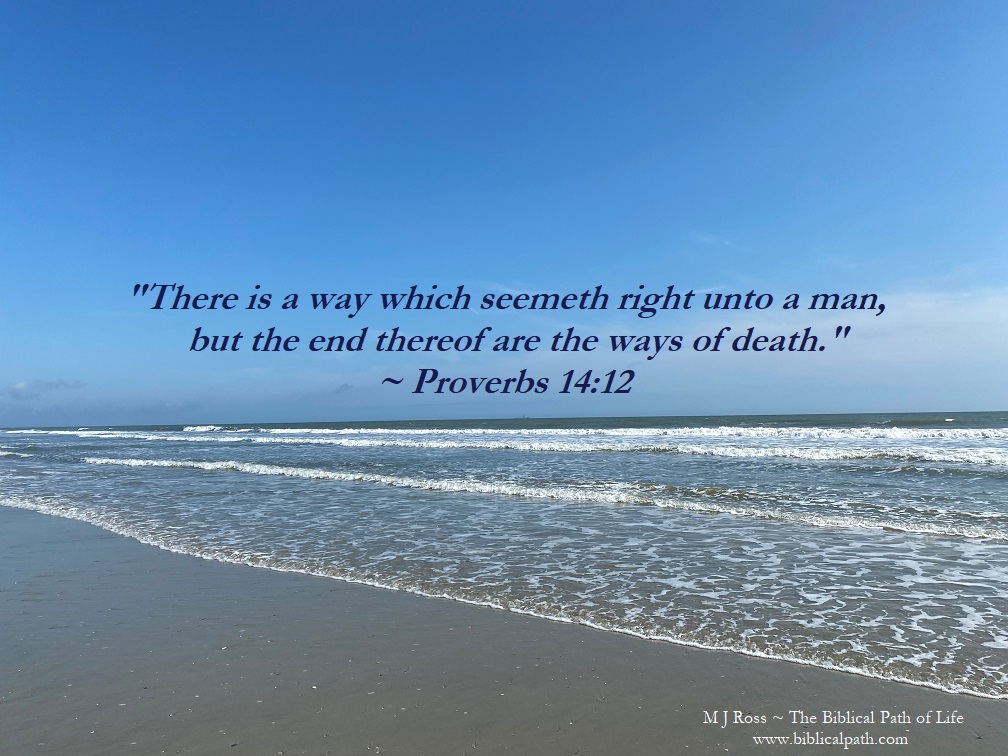
“But Daniel purposed in his heart that he would not defile himself with the portion of the king’s meat, nor with the wine which he drank: therefore he requested of the prince of the eunuchs that he might not defile himself.”
Daniel 1:8
The book of Daniel tells of Daniel and his three friends. The happenings in these lives are some of the more familiar events in the Bible. Most people have heard these “stories” often. However, it is important to understand that these are not just “stories”, but historical occurrences in actual people’s lives.
Daniel was most likely born during the reign of the last good king of Judah, Josiah, and lived while the prophets Jeremiah and Ezekiel spoke. If you remember, King Josiah sought the Lord, removed idol worship, and repaired the house of the Lord. While the repair of the Temple was taking place, they found a book of the Law of Moses (see 2 Chronicles 34:14). After hearing God’s Word, King Josiah read it to all of the people in Judah. “And the king stood in his place, and made a covenant before the LORD, to walk after the LORD, and to keep his commandments, and his testimonies, and his statutes, with all his heart, and with all his soul, to perform the words of the covenant which are written in this book” (2 Chronicles 34:31). There was a change in the king’s life. He chose to serve God.
Daniel and his three friends, Hananiah, Mishael, and Azariah, were most likely taken during the first siege of Nebuchadnezzar when many nobles and princes were taken captive (about nineteen years before Jerusalem fell). Remember that God allowed Babylon to come up against Jerusalem because they had predominately forsaken God for idol worship).
King Nebuchadnezzar wanted the best of the young men of Judah to be set aside, to teach them the things of the Chaldeans. It appears the objective here was to make them forget everything about their previous life in Judah, becoming as the Babylonians. We read of four particular young men: Daniel, Hananiah, Mishael, and Azariah. Each of these young men obviously had parents who had not forsaken God (notice the meanings of their names below), but who still served Him in spite of the idolatry around them. Keep in mind that they heard the Word of the Lord read, and hearing it had obviously made a difference in their hearts and lives as well. The names of these four young men were changed. It appears that the name changes were to make them forget the God of their youth, and instead acknowledge the false gods of Babylon. Notice what their names mean and what their names were changed to:
- Daniel means God is my judge; Daniel was changed to Belteshazzar:Prince of Baal, Bel will protect
- Hananiah means God is Gracious; Hananiah was changed to Shadrach: illuminated by the sun-god
- Mishael means Who is like God; Mishael was changed to Meshach: who is like the moon-god and
- Azariah means God is my Help; Azariah was changed to Abednego: servant of Nego
Their new names honored Babylonian gods.
When King Nebuchadnezzar gave the order to eat the king’s meat and drink his wine, and their names, which had honored God, were taken from them, these young men recognized that their commitment to God was being challenged. “But Daniel purposed in his heart that he would not defile himself with the portion of the king’s meat, nor with the wine which he drank: therefore he requested of the prince of the eunuchs that he might not defile himself” (Daniel 1:8). When Daniel purposed in his heart to obey God rather than man, recognize what God did. “Now God had brought Daniel into favour and tender love with the prince of the eunuchs” (Daniel 1:9).
In Daniel’s asking the prince of the eunuchs to permit these four young men to eat vegetables and drink water for ten days instead of the king’s choice foods, it was to allow the Lord to have a chance to prove Himself (see Daniel 1:10-16). When these young men appeared in better condition than any of the others did, they were allowed to continue their diet for the three years. Read what God did for them when they choose to walk in the ways of God. “As for these four children, God gave them knowledge and skill in all learning and wisdom: and Daniel had understanding in all visions and dreams” (Daniel 1:17). Even more than that, see what was discovered when they were presented to King Nebuchadnezzar. “19. And the king communed with them; and among them all was found none like Daniel, Hananiah, Mishael, and Azariah: therefore stood they before the king. 20. And in all matters of wisdom and understanding, that the king enquired of them, he found them ten times better than all the magicians and astrologers that were in all his realm” (Daniel 1:19-20). Because of their decision, choosing to remain faithful to God’s Word, God blessed them. “And Daniel continued even unto the first year of king Cyrus” (Daniel 1:21). Especially notice God allowed Daniel to live through the entire captivity.
These four young men had been born in a land where they had learned of God. They were carried away to a pagan land. There, they chose to continue to serve God.
Today, most people have been born into a pagan land. It is your choice: to trust in Christ and “purpose in your heart” to live for Him, or to live like the pagans.
Have you “purposed in your heart” to obey God and His Word, in spite of the condition of the world around you?

